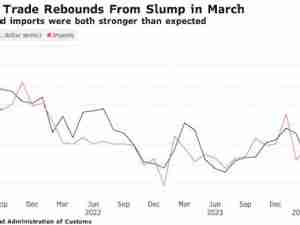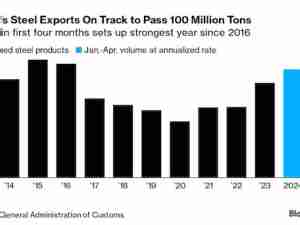Canada, Mexico win $1 billion sanctions against US. in meat spat
By: Reuters | Dec 07 2015 at 04:26 PM | International Trade
Canada and Mexico may impose tariffs worth $1 billion onto U.S.-traded products, a World Trade Organization panel ruled on Monday, as the countries prepared to retaliate over the United States’ meat-labeling rules.
A WTO panel set the annual retaliation level at C$1.055 billion ($780 million) for Canada and $228 million for Mexico, considerably less than the C$3.068 billion and $713 million the two countries had sought.
The dispute stems from a 2009 U.S. requirement that retail outlets label food to give consumers information about its origin.
Canada and Mexico have argued that country of origin labeling, known as COOL, has led to fewer of their cattle and pigs being slaughtered in the United States.
Canada will retaliate if the U.S. Senate does not take “immediate action” to repeal COOL for beef and pork, Canadian International Trade Minister Chrystia Freeland and Agriculture Minister Lawrence MacAulay said in a statement.
The U.S. House of Representatives in June passed a bill to repeal COOL, but the Senate has not yet voted on it.
“We are disappointed with this decision and its potential impact on trade among vital North American partners,” said Tim Reif, general counsel for the Office of the U.S. Trade Representative. “We will continue to consult with members of Congress as they consider options to replace the current COOL law and additional next steps.”
But the amount is big enough to get U.S. legislators’ attention, said John Masswohl, director of government and international relations for Canadian Cattlemen’s Association.
“What we want is for the U.S. Senate to be motivated to repeal COOL,” he said.
COOL has been costly for the U.S. farm sector, said the North American Meat Institute, which represents meatpackers. Chicago live cattle contracts fell by their daily price limit following the WTO’s announcement.
But R-CALF, a group of U.S. cattle producers, said the “absurd” decision overstated the damage.
It was unclear which products Canada and Mexico might target.
The previous Conservative government in Canada had drafted a lengthy list of possible targets, ranging from beef and pork to wines and cherries.
Only six of the previous 18 cases in which the WTO has authorized sanctions did countries actually apply them, since most cases were settled first.
The latest ruling cannot be appealed and is expected to get formal approval by the WTO’s dispute settlement body this month.
($1 = 1.3508 Canadian dollars)









